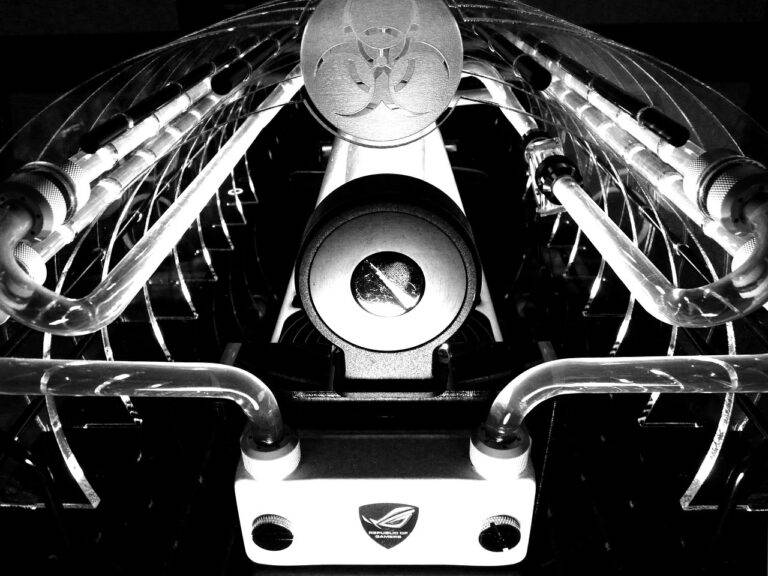Sustainable Materials in Tech: From Bioplastics to Bamboo
Bioplastics have emerged as a promising alternative in the technology sector, offering a sustainable solution to traditional plastic materials. Derived from renewable biomass sources such as corn starch, sugarcane, and cellulose, bioplastics can greatly reduce the reliance on fossil fuels for plastic production. This shift towards bioplastics aligns with the global push for environmentally friendly technologies that mitigate the impact of climate change.
Furthermore, bioplastics exhibit biodegradable or compostable properties, making them a more environmentally friendly option than conventional plastics. As consumers and industries become more conscious of their environmental footprint, the demand for bioplastics continues to rise. Companies are increasingly incorporating bioplastics into their product packaging and manufacturing processes, contributing to a more sustainable and circular economy.
Advancements in Sustainable Packaging Solutions
One notable advancement in sustainable packaging solutions is the increasing use of bioplastics. Derived from renewable sources such as corn starch or sugarcane, bioplastics offer a more eco-friendly alternative to traditional plastics. These biodegradable materials have the potential to reduce the environmental impact of packaging waste, as they break down more readily in natural settings compared to conventional plastics.
Another exciting development in sustainable packaging solutions is the adoption of innovative design strategies. Companies are now exploring methods to minimize material usage while maintaining the necessary level of protection for products. By optimizing packaging designs to be more compact and resource-efficient, businesses can decrease their overall carbon footprint and contribute to a more sustainable future.
What are bioplastics and how are they different from traditional plastics?
Bioplastics are plastics derived from renewable resources such as corn starch, sugarcane, or potato starch, whereas traditional plastics are made from fossil fuels. Bioplastics are biodegradable and have a lower carbon footprint compared to traditional plastics.
Are bioplastics as durable as traditional plastics?
While bioplastics can exhibit similar properties to traditional plastics in terms of durability, they may still have limitations in certain applications. However, ongoing advancements in bioplastic technology are continuously improving their strength and durability.
How do advancements in sustainable packaging solutions benefit the environment?
Advancements in sustainable packaging solutions help reduce the reliance on fossil fuels, minimize waste generation, and lower greenhouse gas emissions. By using eco-friendly materials and innovative packaging designs, the environmental impact of packaging can be significantly reduced.
Are sustainable packaging solutions cost-effective for businesses?
Initially, sustainable packaging solutions may have a higher upfront cost compared to traditional packaging materials. However, in the long run, businesses can benefit from cost savings through improved efficiency, reduced waste, and a positive brand image associated with eco-friendly practices.





